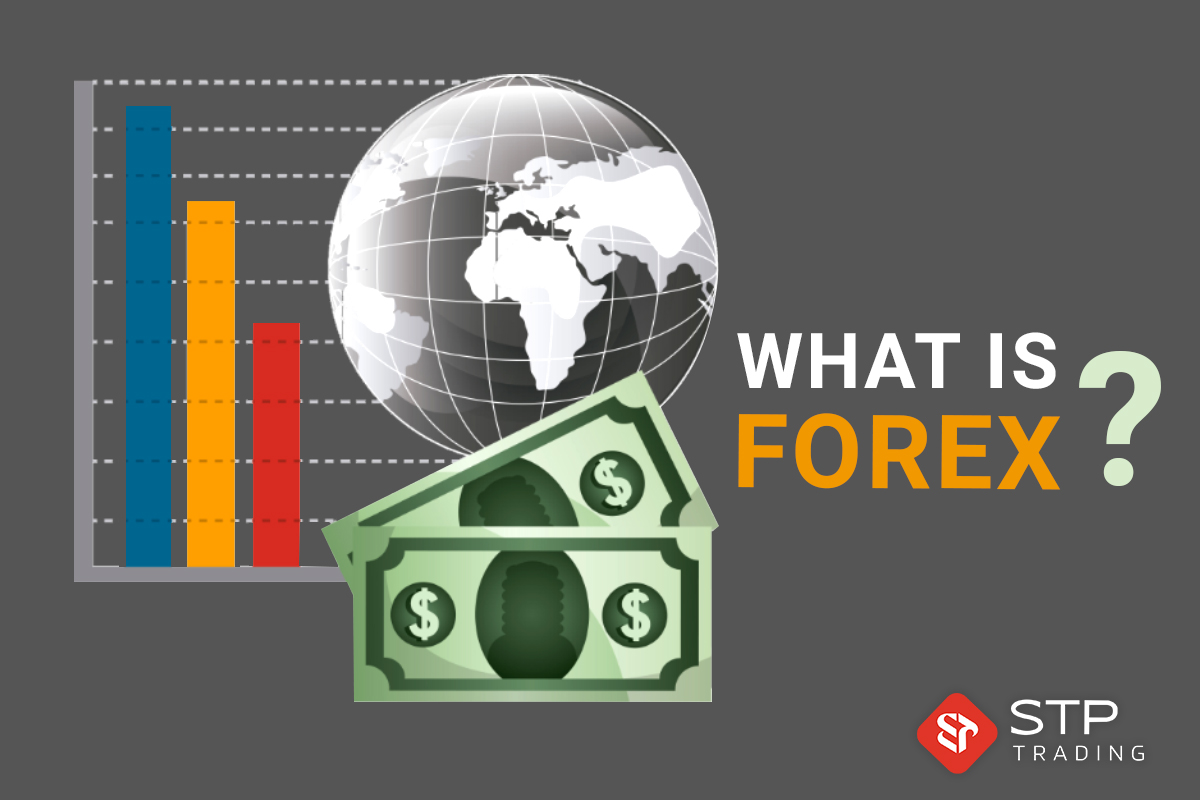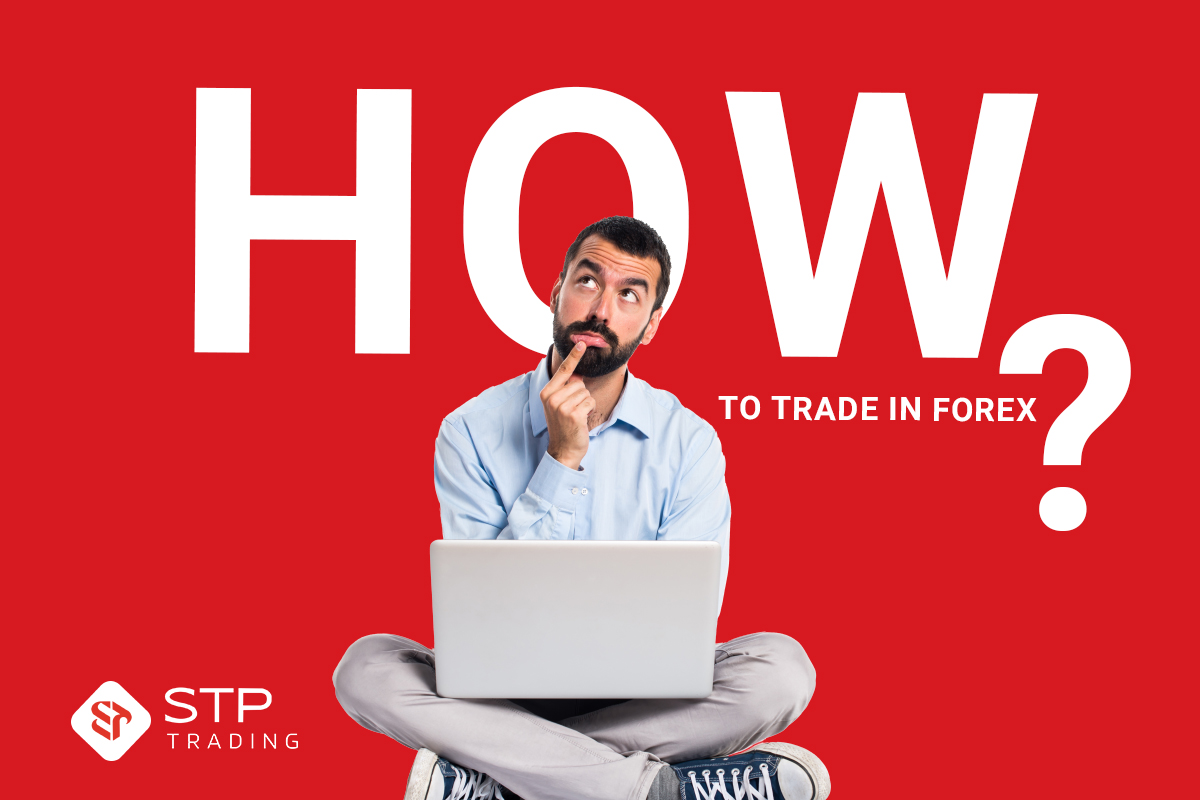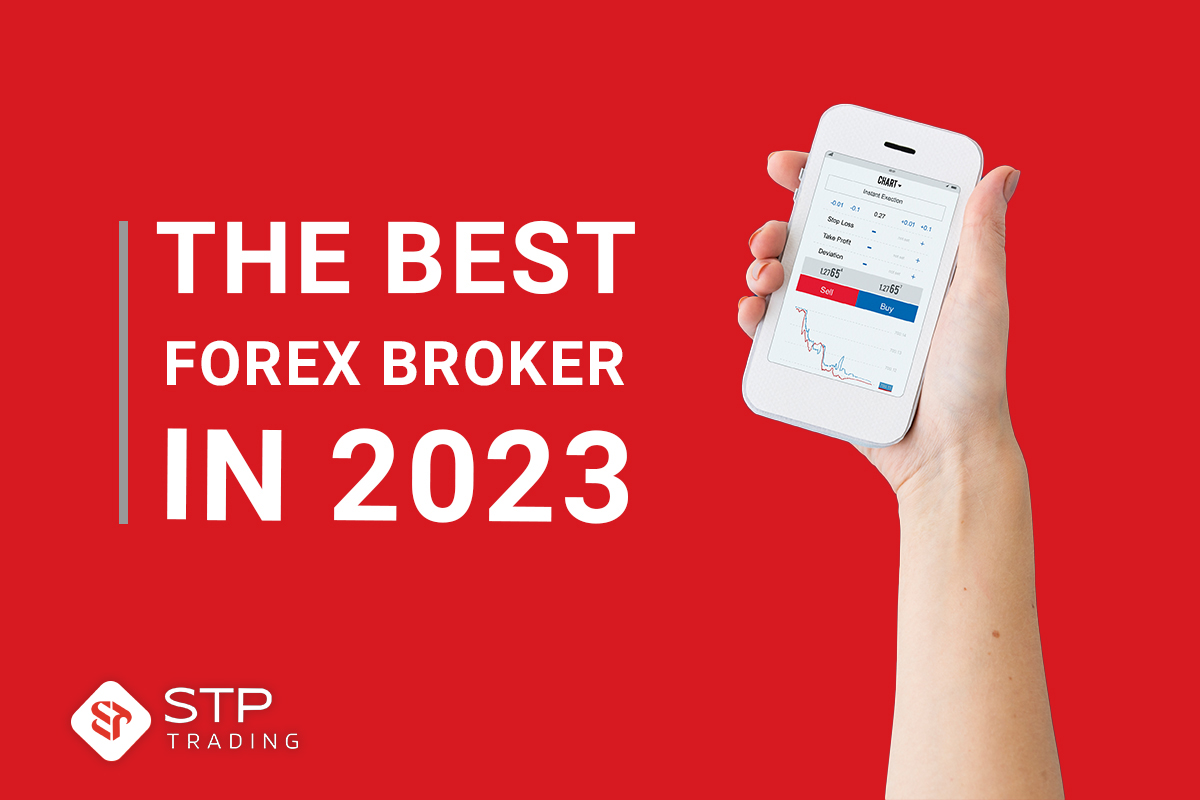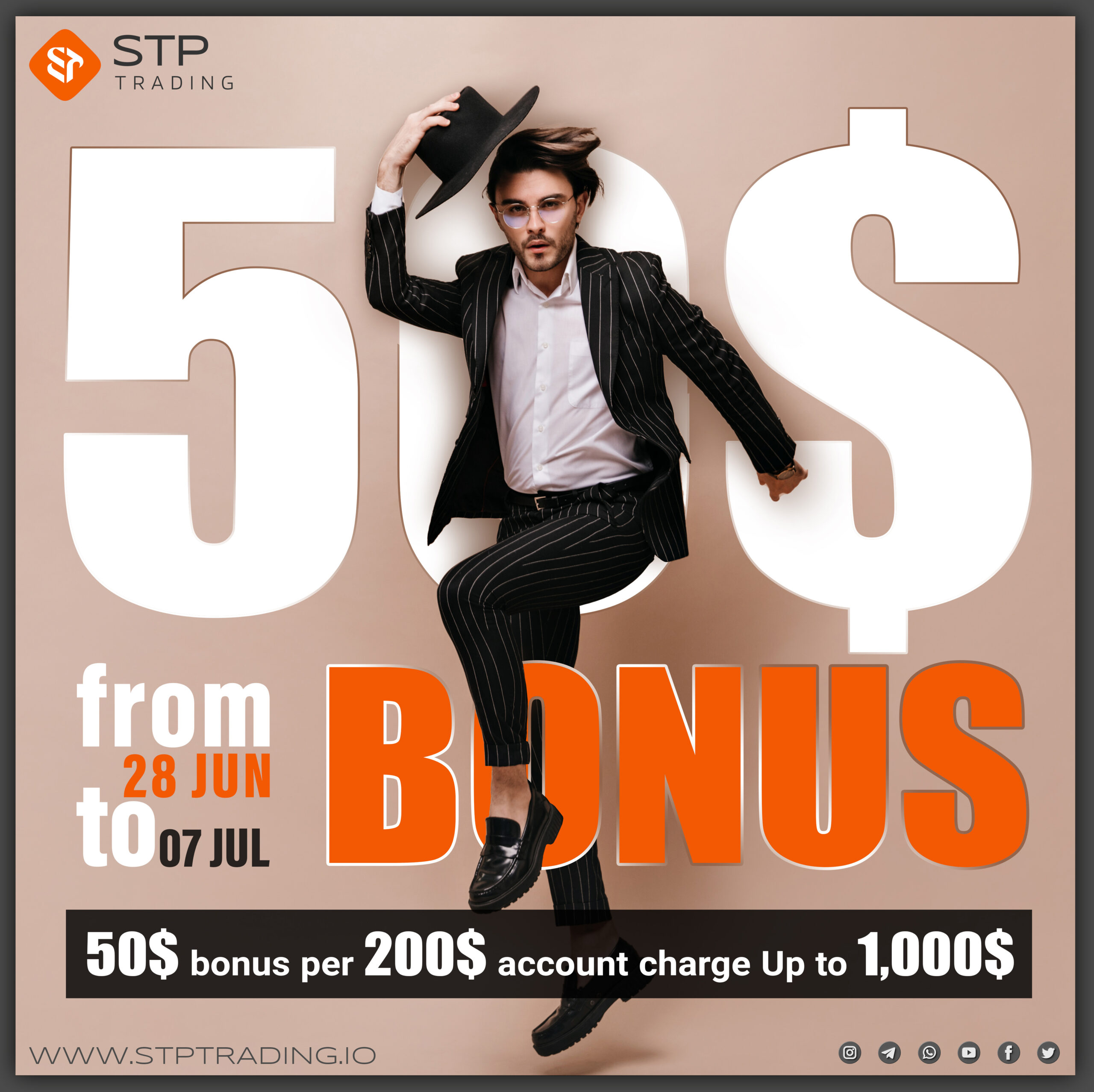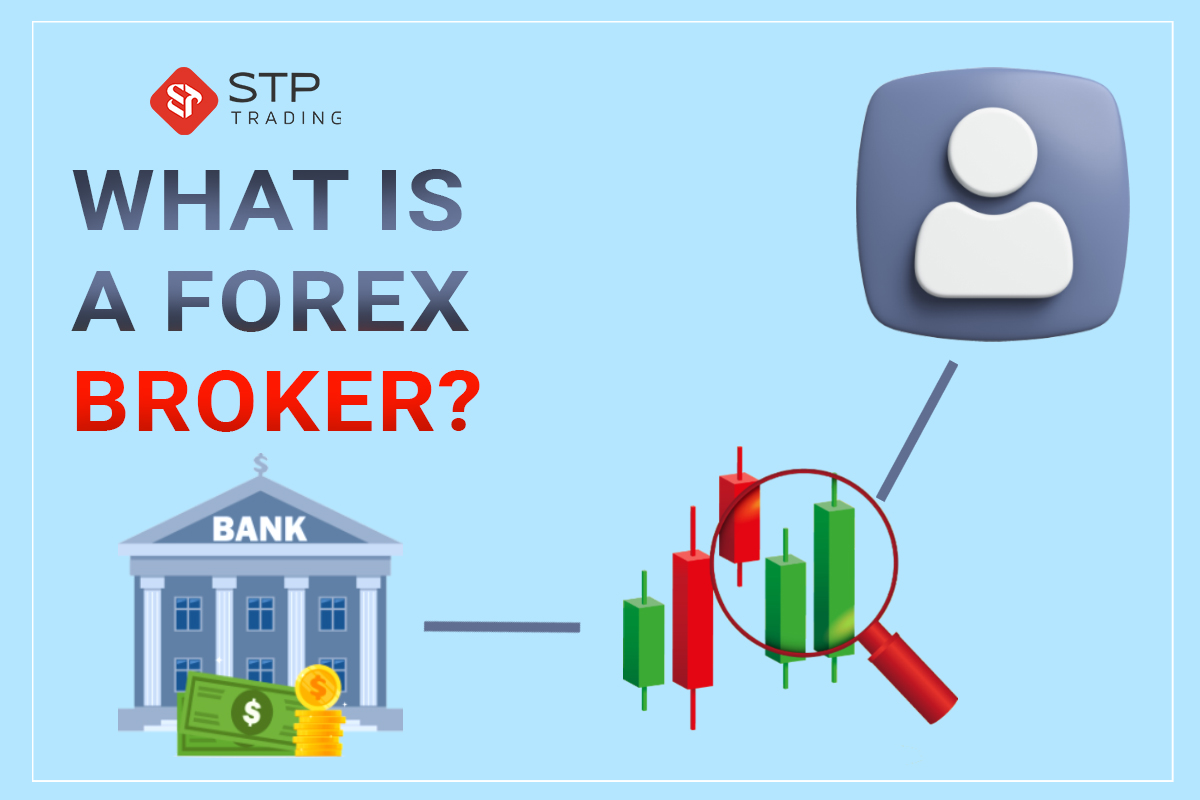
A Forex broker is a company that allows you to buy and sell currencies in the foreign exchange market by providing trading platforms. These companies have access to the currency market through electronic networks and enable you to trade in the Forex market with less capital compared to trading in the stock market.
Forex brokers usually act as intermediaries between you and the market and earn their income from your transaction fees. When choosing a Forex broker, you should consider factors such as deposit and withdrawal methods, transaction fees, trading platforms, educational resources, and customer support. Additionally, you should ensure that your chosen broker is licensed and regulated by relevant authorities.
What are the types of Forex brokers?
Forex brokers can be categorized into several types:
-
Market Maker Brokers:
These brokers act as individuals who provide you with a trading platform. They see themselves as intermediaries in the transactions and do not use banks and financial markets to buy and sell currencies.
2. STP (Straight Through Processing) Brokers:
These brokers act as intermediaries between you and the market, providing market prices and trading facilities. They have access to the market through electronic networks and directly send your orders to the market. In this case, the broker only receives a commission for providing the platform and services.
3. ECN (Electronic Communication Network) Brokers:
These brokers act as intermediaries between you and the market, directly sending your orders to the electronic network and providing you with the ability to trade at better prices and faster order execution. ECN brokers have significantly lower costs compared to market maker brokers, offering you the opportunity to trade at better prices and faster order execution.
When choosing a Forex broker, you should consider factors such as the type of broker, transaction fees, trading platforms, educational resources, and customer support. Additionally, you should ensure that the broker has the necessary licenses and regulatory oversight from relevant organizations.
4. No Dealing Desk (NDD) Brokers:
NDD brokers facilitate customer access to the central bank without considering existing orders in their dealing desk. With a real NDD account, you will not have any re-quotes when opening orders and will not experience any delays in order execution. Brokers can either charge a commission for trading on these accounts or eliminate the commission by increasing the spreads. NDD brokers can be either STP or ECN+STP.
What features do Forex brokers provide to clients?
Forex brokers offer various features to their users. These features may include:
-
Trading platforms:
Forex brokers usually provide trading platforms to their users, allowing them to easily execute their trades in the Forex market.
-
Analytical tools:
Forex brokers offer users various analytical tools such as analytical charts, Forex market news and analysis, technical and fundamental analyses, and other similar tools. These features help users stay informed about market conditions and make better decisions regarding their trades.
-
Demo accounts:
Forex brokers allow users to simulate their trades using demo accounts. This feature helps users familiarize themselves with the market and test different strategies without risking real money.
-
Types of trading accounts:
Forex brokers offer different types of trading accounts, which may include standard accounts, ECN accounts, Islamic accounts, and conditional accounts. Each of these accounts has its specific conditions and advantages, which are chosen based on users’ needs.
-
Account balances and limits:
Forex brokers provide various account management features to their users. These features may include access to account balances and transaction histories, quick and easy deposit and withdrawal options, account interest rates, and account limits such as a maximum number of transactions and maximum trade volume.
-
Additional tools:
Forex brokers may offer additional features such as automated tools, access to financial advisors, exclusive news and analysis, and other similar tools.
Additionally, Forex brokers may provide other specialized features that are relevant to specific user needs, specific financial requirements, and other factors related to the Forex market. However, to choose the best Forex broker for yourself, you should carefully examine the conditions and services provided by each broker, compare them with other brokers, and select the best option.
What are the characteristics of a valid forex broker?
-
Licensing and regulation:
You should ensure that the forex broker holds a license and is regulated by a reputable organization. This license can include certifications such as the Financial Conduct Authority (FCA) or the Swiss Financial Market Supervisory Authority (FINMA).
-
Trading platform:
A good forex broker should provide a reliable and efficient trading platform that allows you to trade in the forex market with high speed and accuracy. Most forex brokers use trading platforms such as MetaTrader 4 and MetaTrader 5, which offer a wide range of features for technical analysis, fast order execution, and the ability to place pending orders.
-
Educational resources:
A good forex broker should offer sufficient educational resources for its users. These resources can include educational videos, e-books, webinars, and other learning materials.
-
Trading fees:
The forex broker should apply fair trading fees for your trades. Trading fees may include execution costs, transaction fees, and fees for using the trading platform and other services.
-
Customer support:
A good forex broker should provide quality and reliable customer support for its users. This can include telephone support, SMS support, online chat, and other support options.
-
Transparency:
The forex broker should provide you with the ability to access transparent information about prices, trades, and fees. Additionally, a forex broker should offer you access to your trading records and account history.
-
Security:
The Forex broker should employ security protocols to protect your information and funds, such as using SSL encryption to secure the communication between you and the server.
-
Asset selection:
A forex broker should provide you with the ability to trade in different currency markets and various commodities, allowing you to have a wide range of asset choices.
In general, a good forex broker should offer you features and services that enhance your trading experience with security and convenience.
Additionally, the broker should provide transparent information about prices, fees, and other details, as well as reliable and high-quality customer support. Lastly, the preferred broker should have valid licensing and regulations and utilize an efficient and trusted trading platform.
Do forex brokers usually provide similar trading platforms?
Forex brokers usually provide similar trading platforms. Most forex brokers use trading platforms such as MetaTrader 4 and MetaTrader 5, which offer a wide range of features for technical analysis, fast order execution, and the ability to place pending orders.
The MetaTrader 4 (MT4) trading platform is one of the most popular platforms in the forex industry, and most forex brokers utilize it.
This platform provides features such as technical analysis charts, various analytical tools, the ability to place pending orders, fast order execution, and reporting capabilities.
It also offers advanced features for professional traders, such as programming tools (API) and integration with Expert Advisors (trading robots).
The MetaTrader 5 (MT5) platform also offers similar features but provides additional capabilities such as access to different markets (such as stock markets and securities), commodity trading, and some newer analytical tools. Additionally, some forex brokers use other trading platforms such as cTrader and NinjaTrader. However, for most forex brokers, MetaTrader 4 and MetaTrader 5 are the main and popular trading platforms.
Are there different trading platforms for beginners and professionals?
The answer to this question is affirmative, and there are indeed different trading platforms for beginners and professionals. Some trading platforms provide advanced features for professional users, which can be complex for beginners, while others are designed for beginners and lack advanced features.
Some trading platforms, like MetaTrader 4, offer a variety of tools for technical analysis that are suitable for professional traders and have extensive programming capabilities (API) and integration with Expert Advisors, but these features may be complex for beginners.
Other trading platforms, such as cTrader, provide users with advanced charting, fast order execution, and advanced analytical features, which are suitable for professional traders. However, these platforms may be more complex and require some training for beginners.
However, some trading platforms are designed to be beginner-friendly. For example, eToro is a user-friendly and easy-to-use trading platform that provides users with the ability to trade in the forex market and other financial markets through a simple and intuitive interface. Additionally, this platform allows users to copy trades from other professional traders, which can be useful for beginners.
What are the advantages of using a Forex broker?
Using a Forex broker has several advantages, which can be listed as follows:
-
Access to the global market:
By using a Forex broker, you can have access to the global Forex market and benefit from currency price fluctuations. This allows you to react quickly and flexibly to market changes and increase your profits by making informed decisions through proper analysis.
-
No commission fees:
One of the attractions of Forex brokers is that they generally do not charge commissions on your trades. However, there is a concept called spread. Spread refers to the difference between the bid price and the asking price. Brokers do not charge their users a commission, but instead, they make their income from the spread. The spread can be either fixed or variable and does not change. It is important to note that for investors with high daily trading volumes, the spread rate is of great importance.
-
Analytical tools:
Forex brokers provide a wide range of analytical tools for market analysis. These tools include charts, technical analysis tools, fundamental news and analysis, analytical signals, and economic reports. By utilizing these tools, you can make better decisions and achieve higher profits.
-
High flexibility:
Forex brokers offer various types of trading accounts with different trading conditions. This allows you to choose the account that suits your needs and obtain the best trading conditions for yourself.
-
Ease and speed of execution:
Forex brokers enable you to execute your trades quickly and easily through powerful trading platforms. Additionally, Forex brokers have high-security measures in place and ensure the security of your transactions through encryption technology.
In general, using a Forex broker allows you to engage in Forex trading professionally and achieve higher profits through the use of analytical tools and high flexibility. However, the profitability of your trades depends on various factors such as market analysis, political and economic conditions, and your behavior in the market.
What are important considerations when using a Forex broker?
Using a Forex broker can help you engage in Forex trading professionally and achieve higher profits. However, there are some important considerations to keep in mind when using a Forex broker:
Choosing the right broker:
To use a Forex broker, you need to choose one with suitable conditions and regulations. It is advisable to research the conditions and regulations of different brokers and read about the experiences of other traders them before making a choice.
Risk management:
Trading in the Forex market involves significant risks, and you should take risk management seriously in every trade. You can use tools such as stop-loss orders to automatically close your trades and prevent further losses if the market moves against you.
Utilizing analytical tools:
Forex brokers provide a wide range of analytical tools for market analysis. By utilizing these tools, you can make better decisions for your trades. These tools include charts, technical analysis tools, fundamental news and analysis, analytical signals, and economic reports.
Adhering to broker’s rules:
Before registering with a Forex broker, you should be familiar with their rules and regulations to avoid any issues in your trading activities.
Using demo accounts:
Most Forex brokers allow you to use demo accounts that simulate real accounts. By using these accounts, you can experience the Forex market practically and gain sufficient experience without risking any real money.
Market analysis:
Before entering any trade, pay attention to market analysis and understand the current and previous market conditions.
Market analysis includes technical analysis, which involves studying price trends and technical indicators using charts and other tools, as well as fundamental analysis, which involves examining news and economic developments affecting the market. Market analysis helps you make better decisions for your trades.
Compliance with Rules
As a forex trader, you must adhere to the rules and regulations related to this market. The rules may vary for each broker, so you should carefully study and comply with the rules and regulations of your broker.
Emotional Management
In the forex market, to achieve success, you need to control your emotions and trade when you are in the right psychological state. Emotions such as fear and greed can influence your decisions and lead to losses in trades.
Therefore, managing emotions and following suitable trading strategies will help you achieve greater profits.
Do forex brokers offer special services to professional traders?
Forex brokers do offer special services to professional traders. These services may include access to advanced trading platforms, advanced analytical tools, access to Electronic Communication Networks (ECN), professional account management, maximum leverage amounts, trading benefits, customer fund protection, and access to IC markets.
Some forex brokers provide professional traders with access to advanced trading platforms that offer more features compared to regular platforms. These platforms have capabilities such as fast trade execution, access to advanced charts, advanced analytical tools, and real-time market information.
A professional account provides higher minimum deposits, no restrictions on maximum orders, more tools for executing different strategies, and advanced platforms.
Forex brokers also provide professional traders with access to Electronic Communication Networks (ECNs). ECN is an electronic network that allows professional traders to directly interact with other traders and banks in the forex market.
This enables fast trade execution, improved pricing, and access to market depth. Additionally, forex brokers offer facilities for managing larger accounts to professional traders.
These facilities include access to high-balance accounts, the ability to conduct larger transactions, and the management of larger portfolios.
Trading benefits can include features like One-Cancels-the-Other (OCO) orders and Depth of Market (DoM) platforms provided by forex brokers to professional traders. IC markets also allow traders to access over 2000 tradable assets, including more than 60 currency pairs, and offer higher leverage.
How can we identify forex brokers?
To identify forex brokers, you can use various methods. The best method to identify reliable and legitimate forex brokers is to visit the official websites of regulatory organizations overseeing financial markets.
These organizations, such as the “Securities and Exchange Organization,” “Financial Conduct Authority,” and “Forex Commission,” exist to monitor forex brokers and other financial companies.
Additionally, you can search the broker’s name and read reviews and opinions available on the internet to gain insights into other people’s experiences with that broker.
Furthermore, you can seek advice and ask experienced traders and friends who are active in the forex market for more information about different brokers. Ultimately, identifying the right forex broker depends on the individual trader’s needs and requirements.
To choose the best broker for yourself, you should conduct sufficient research and compare the conditions and services offered by different brokers.
Closing Remarks
Forex brokers act as intermediaries between you and the market, earning their income from your deposits and transaction fees. Forex brokers usually use similar trading platforms, with many of them utilizing platforms like MetaTrader 4 and MetaTrader 5, which offer various features for technical analysis, fast order execution, and the ability to place pending orders. Using a forex broker can help you trade professionally in the forex market and achieve higher profits.

